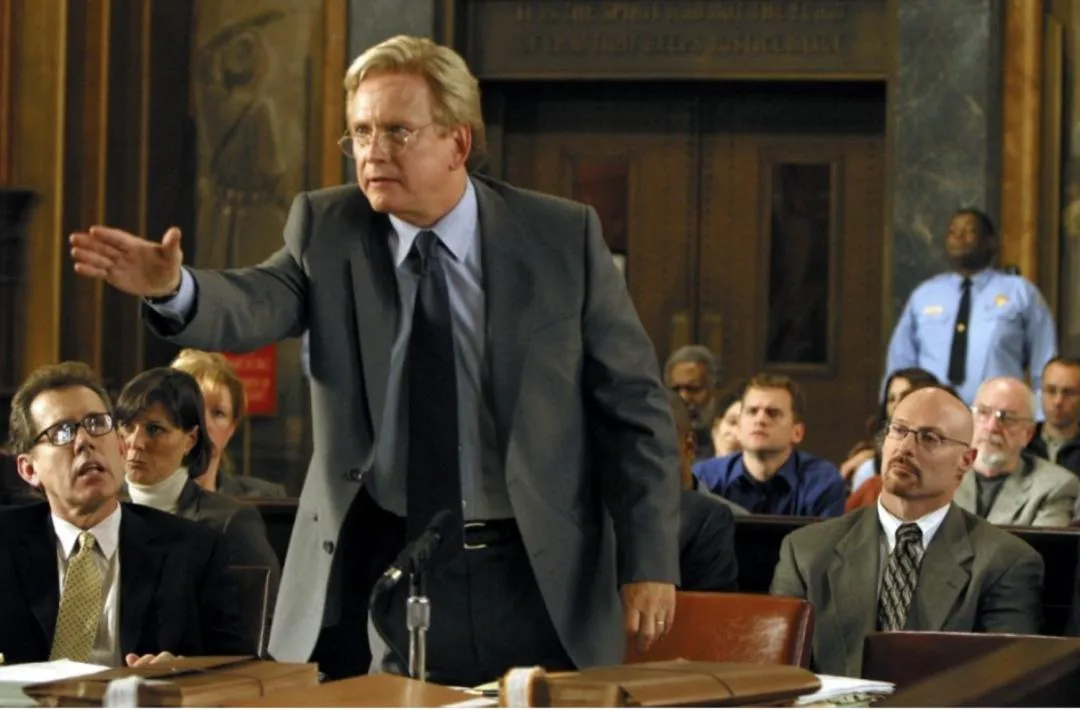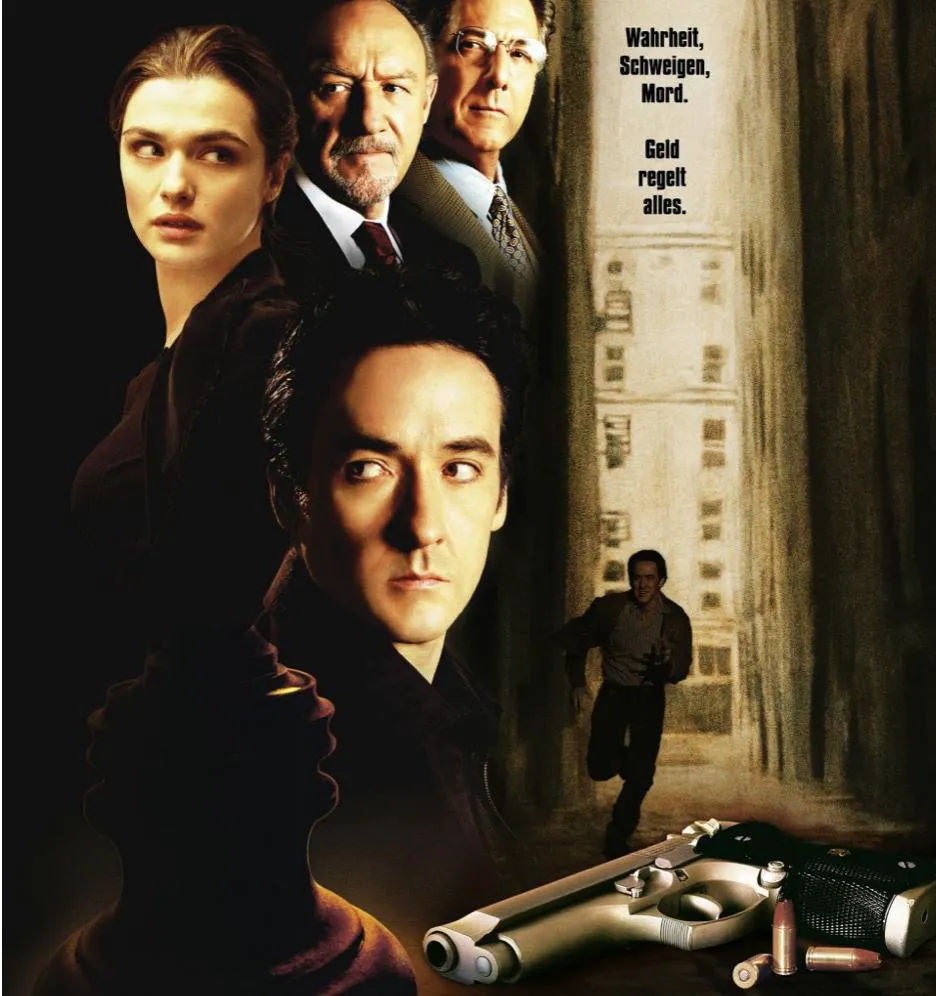Reflections on “The Runaway Jury”: A Literary Perspective on Law
What are your thoughts on John Grisham’s “The Runaway Jury”? We invite you to share your insights and opinions in the comments below or submit an article for discussion.
“The Runaway Jury,” a popular novel by American “legal thriller” writer John Grisham, centers on a jury trial. Its close relationship with law makes it noteworthy, and the title itself hints at a legal narrative. This provides a convenient starting point for exploring legal themes through literature. Unlike traditional rational and analytical approaches, the story offers multiple perspectives and encourages open dialogue. The interpretation of the story is inclusive, allowing for diverse viewpoints and avoiding monopolization. Thus, we can engage with the law in a unique way through this work.
Unpacking the Narrative: Manipulation and Justice

The book revolves around a high-stakes case where a widow sues a tobacco company for massive damages. It depicts the illegal actions of Fitch, the tobacco company’s representative, who uses money to bribe, threaten, and manipulate the jury. The protagonists, Marlee and Nicholas, driven by a desire for revenge, use their intelligence to thwart Fitch’s scheme. They unite the majority of the jurors, ultimately securing a verdict in favor of the plaintiff and imposing substantial penalties on the tobacco company.
The narrative begins by highlighting the intense focus of both sides’ lawyers on the crucial jury members. Nicholas is introduced, followed by Fitch. Through the writing, we instinctively side with Nicholas, while legal rationality takes a backseat. Jury trials, as a system, rely on the decisions of twelve jurors. However, a purely institutional approach to law cannot ignore the human element in the practical application of the system. While law tends to be highly standardized, the richer, more realistic descriptions in literature can offer legal scholars a fresh perspective or a different way to understand the law. The unfolding story of the runaway jury provides a dynamic view of the legal process.
The Flaws Within: Examining the Jury System

The United States boasts a vast and sophisticated legal system, with the jury system often considered a cornerstone of justice. However, even in the most advanced systems, flaws exist. While some argue that it’s easier to bribe a judge than an entire jury, “The Runaway Jury” illustrates how jurors can be manipulated. The allure of money and power can compromise justice, challenging the fairness the jury system is meant to uphold.
Democracy doesn’t automatically guarantee justice. Jurors can be swayed and manipulated, with group dynamics influencing individual opinions. The power of suggestion within a group can significantly impact individual thinking and decision-making. Furthermore, jurors may have hidden secrets or vulnerabilities that can be exploited. As the defense attorney in the film states, everyone has a weakness that can be used to influence their decisions. The O.J. Simpson case exemplifies this, where the defense team successfully influenced the jury’s decision through various tactics.
Beyond Manipulation: Other Shortcomings
Besides the risk of manipulation, the jury system faces challenges such as low judicial efficiency, high costs (including juror compensation and administrative expenses), and the difficulty of jurors understanding complex legal issues. Prejudice and uncertainty can also arise. Many jurors may be apathetic, and varying levels of education can affect their ability to assess facts.
Recent trends show declining funding for courts and a reluctance among citizens to serve as jurors. Financial constraints limit juror compensation, discouraging participation. In major cities, the response rate for jury duty is as low as 20%. U.S. law stipulates that jurors should not be legal professionals, and the random selection process often results in jurors making decisions based on personal intuition rather than strict legal procedures.
Conclusion: Towards a More Perfect System
While “The Runaway Jury” highlights the potential for justice to be derailed, reforms can strengthen the jury system. No system is perfect, and manipulation is always a possibility. However, the jury system generally upholds and promotes the judicial framework in the United States. Continuous improvement is essential to safeguarding fairness and justice.